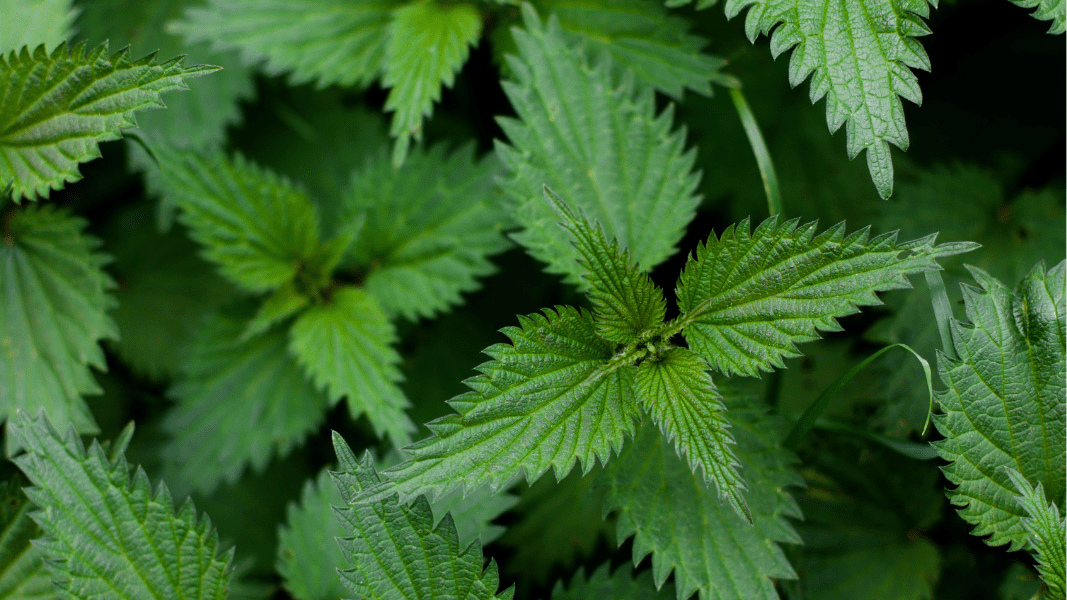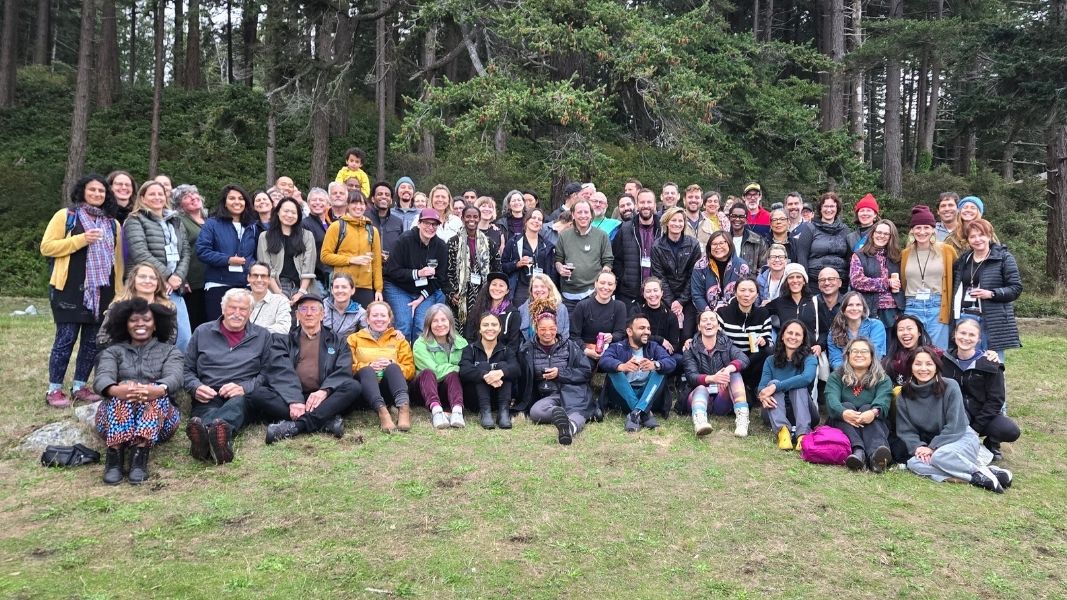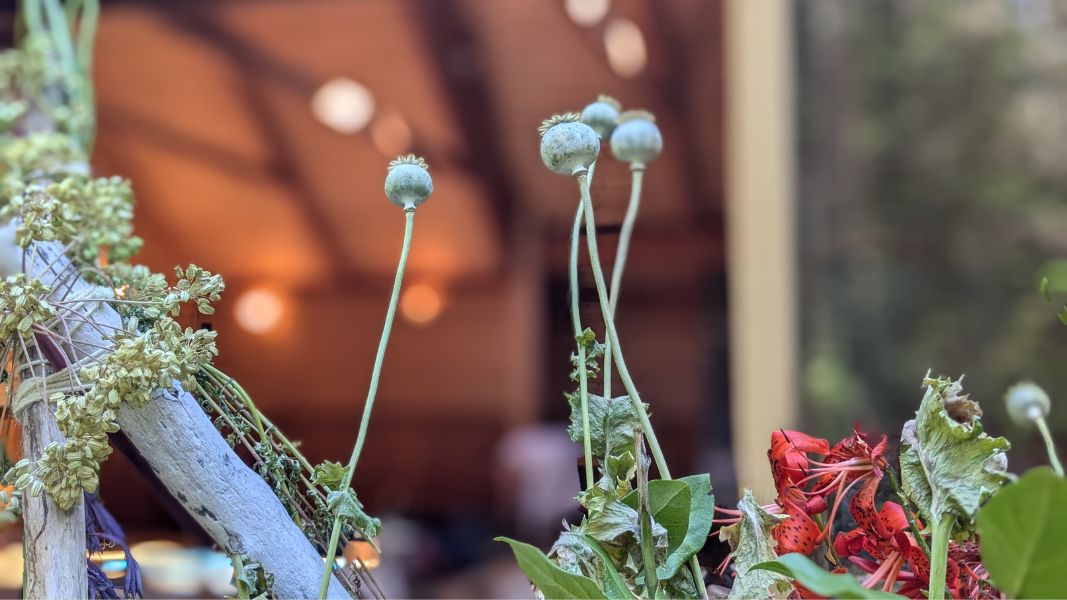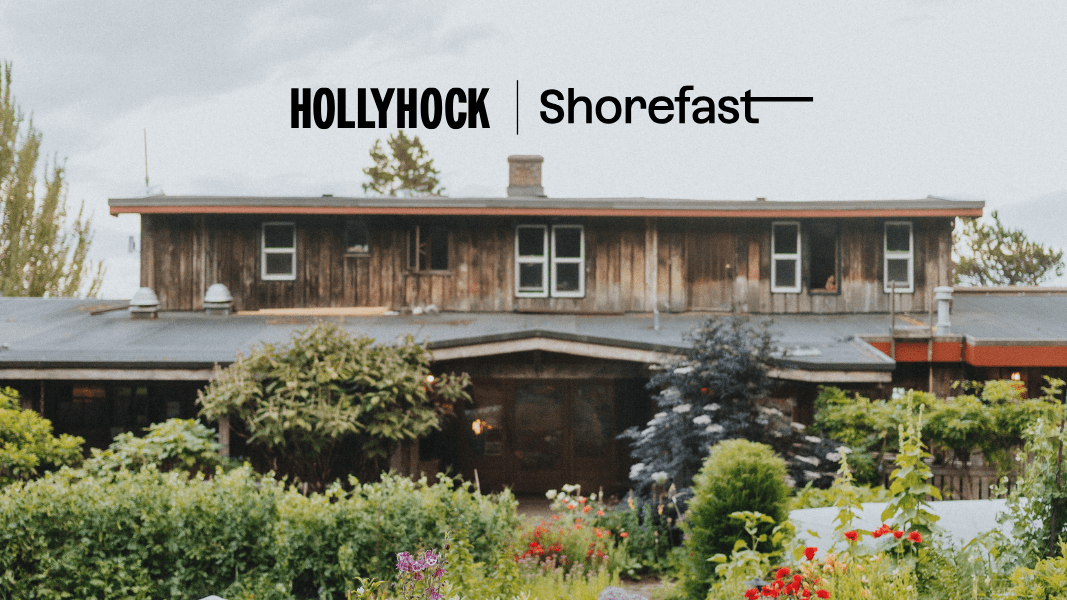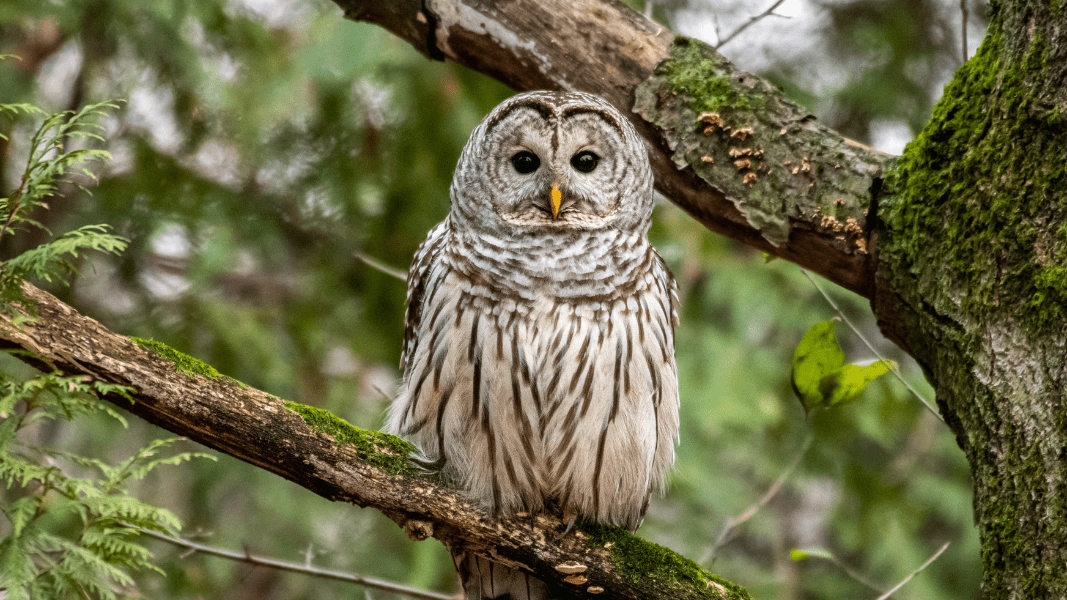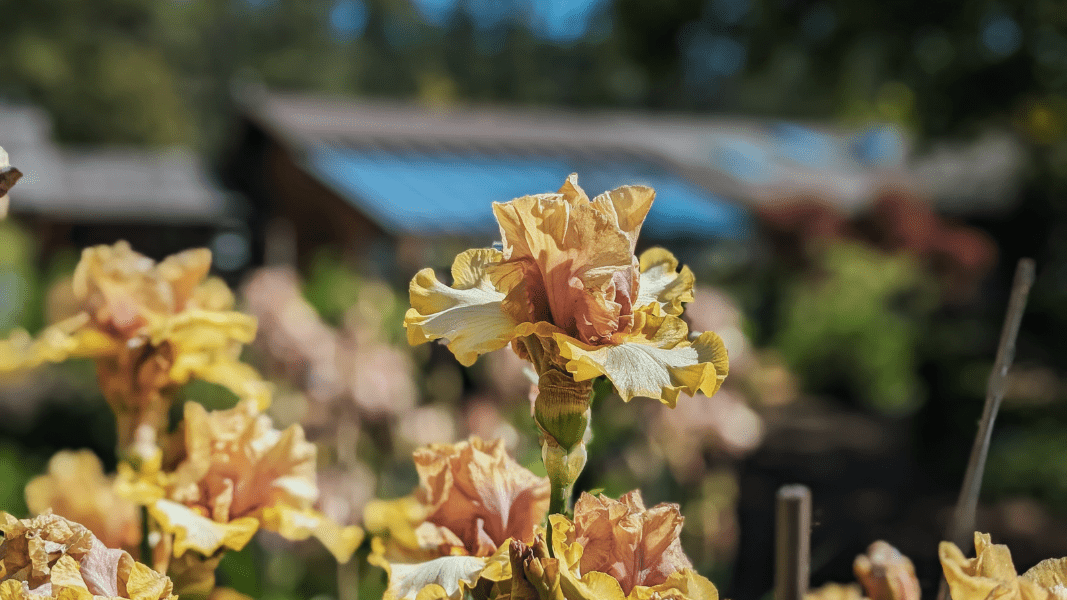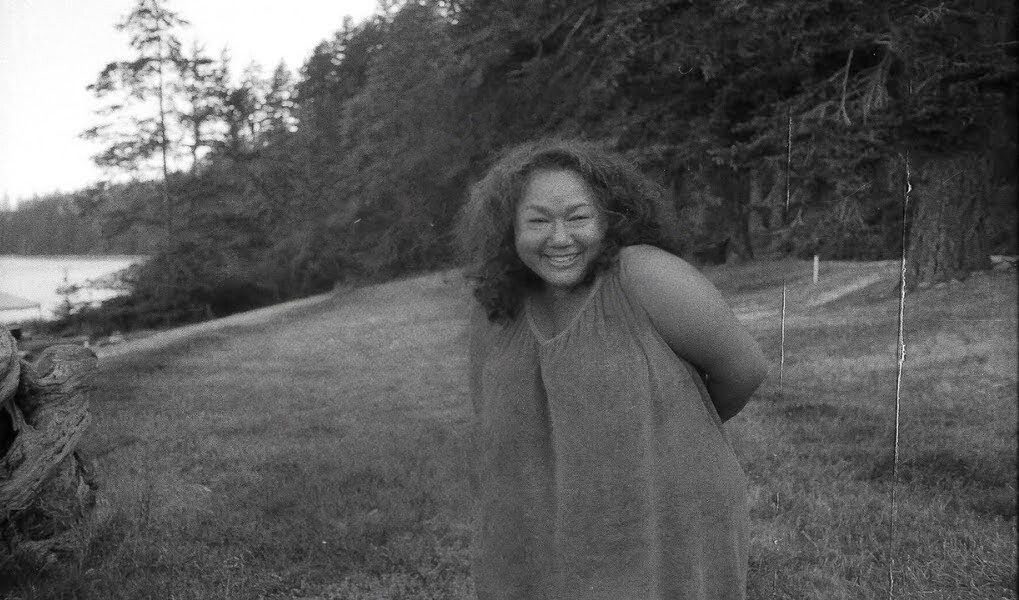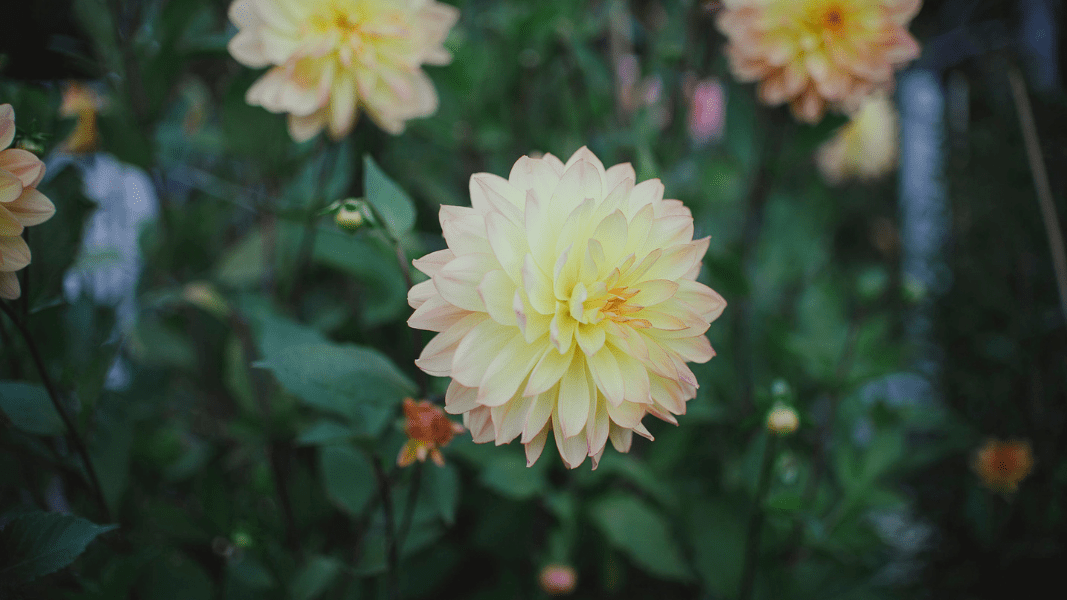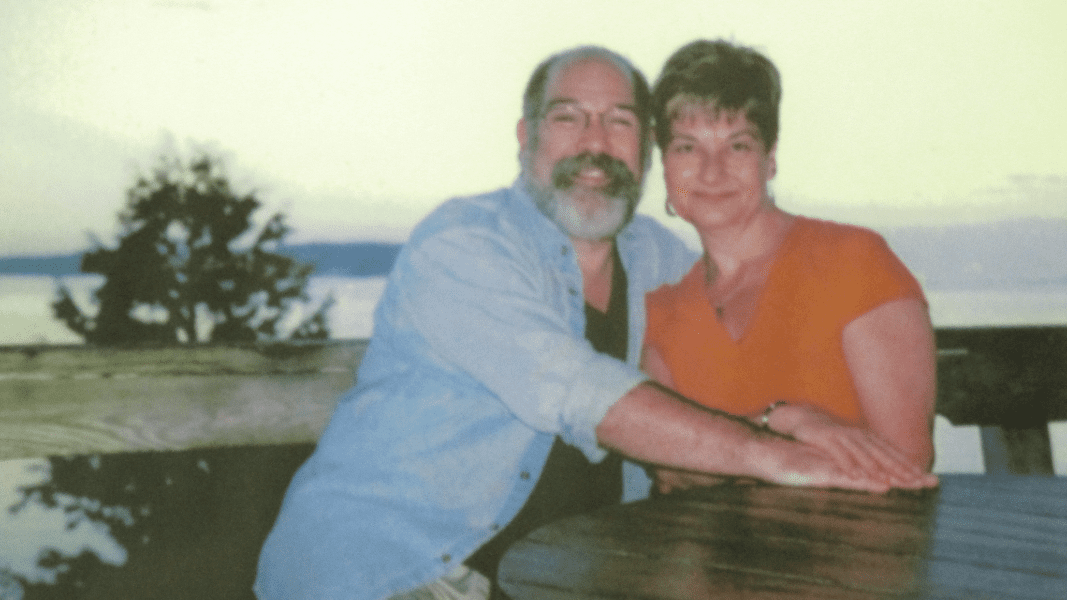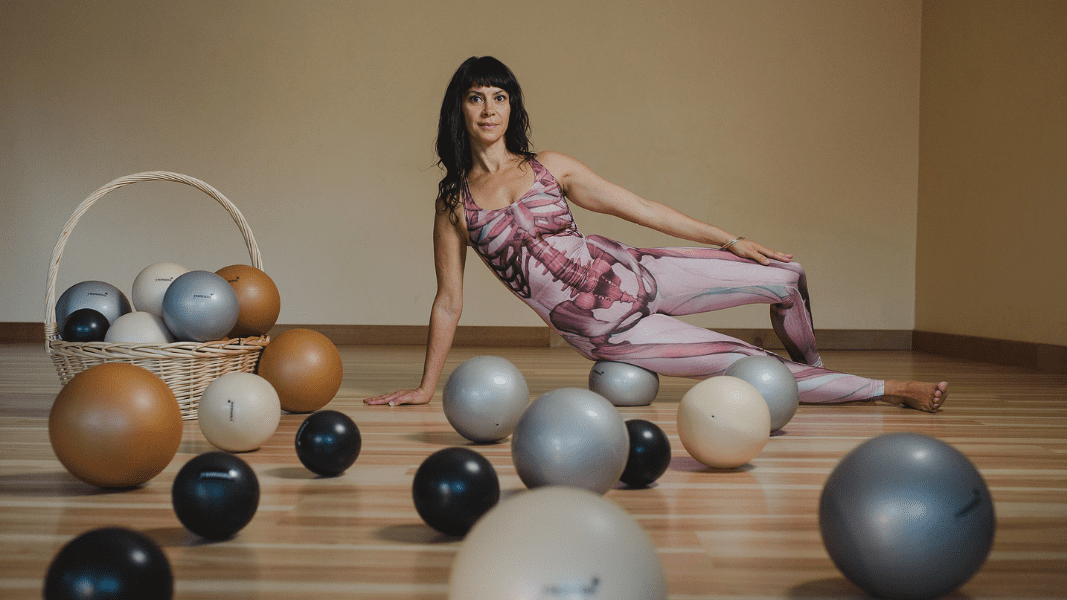It was August 15th. That was the day that the full reality of the pandemic hit me full force. It was then that I realized that we are in this for the long game – virtual connections, physical distancing, limits to gathering, frequent hand washing, and masks. It seems obvious now with a number of provinces actively talking about being in the second wave, but at the time it was a revelation for me.
If we are in it for the long game, the question becomes: How do we maintain resilience?
People
Love your people. I remember reading a book years ago called, Love is the Killer App. It argues that in any organization or business your people are your greatest asset and without them neither mission-impact nor a healthy balance sheet is possible. It seems obvious, but in times of crisis, it is easy to revert to “scarcity thinking.” I know for me scarcity thinking is triggered when I feel like I am going to fail at something – something big. The thinking says that in order to fend off disaster (failure), I must hunker down. COVID-19 has laid this bare for all of us – whether it is in organizations or our personal lives. So many of us have gone into a form of survival mode, trying (in vain) to limit our “exposure” to the crisis. While it is so easy to move towards this reactive way of operating, it is our relationships with colleagues and loved ones are what will actually sustain us through the pandemic.
At Hollyhock, we spent the first six months of the pandemic deepening our commitment to taking care of our staff and greater community, and will be refocusing our efforts on staff and our internal culture into 2021. We added a number of mental health check-ins and support systems for our working staff, and we provided produce from our garden to laid-off workers. We are now starting to imagine what more we can do to build greater community as the pandemic drags into next year. While relationships take effort, at the end of the day, they are all we really have. We will not get through this time without each other.
Purpose
What makes an organism resilient? Whether a person, an organization, or a society, resilience starts with having clear vision – an idea of what we want to become or what we aspire to be. This vision in turn gives us purpose. I recently read a quote that said, “purpose is the fuel of the human mind.” In times of crisis, resilience means leaning towards your vision and purpose and finding behaviours that reaffirm it. When getting out of bed in the morning seems harder, it is easier when you hold up a greater sense of purpose – even if that is as simple (and profound) as showing up for your friends, family, and community.
During the last six months at Hollyhock, we have reaffirmed our vision and purpose. The pandemic has given us the chance to catch up to ourselves and to tie a bow around a reiteration of our Vision, Mission, and Theory of Change (work we have been doing for a number of years). Our purpose also supported our decision-making over the pandemic. When faced with the idea of totally shutting down our campus and programs, our team resolutely decided to do a limited opening in order to “hold some of the life and light” on our campus, and to offer our unique form of gathering virtually in order to support our community. I am so glad that we did as we learned solid lessons about what it means to operate in the time of COVID, and it gave us fuel to keep going when the times were rough.
Flexibility
One of the hardest parts about being at Hollyhock this year was having things not go as planned. Throughout the first few months of the pandemic, I remember one of our key staff members looking despondent and saying, “but, I had a plan.” The disruption caused by COVID-19 was really hard on me too. I was so looking forward to our 2020 program calendar. We were planning to bring so many of the learnings we have had over the past few years to life. We were excited to welcome a number of exciting new and beloved long-term presenters and participants to campus. We. Had. A. Plan.
The COVID crisis has illuminated a fact that many of us spend our entire lives trying to avoid: there is very little outside ourselves (and sometimes even inside ourselves) that we can control. Societies are set up based on rules to further create a sense of control, but when something as disruptive as COVID strikes, we are quickly reminded that control, and all of our plans, are an illusion.
Over the past six months, we have had to apply flexibility to our planning – ‘we will do this if that happens, and we will do that if this happens.’ Flexibility is necessary for survival during these times, and it can be a challenge. So many times this year, I felt the urge to say, “alright, we are doing this,” only to have the situation change completely the following week. As we move forward, we are holding flexibility as a key piece of our work. Will there ever be a “regular” season at Hollyhock again? I am not sure, but we are approaching the question with flexibility.
The Long Game
As I approach our planning for the next year, with only so much we can predict – from gathering and travel restrictions, to health and safety requirements, to the nature of our changing culture – I am comforted by these guiding principles. I believe that investing in people, maintaining purpose, and adapting with flexibility will support me, my team, and the communities we are a part of, in building long-term resilience.
Editor: Loretta Laurin

